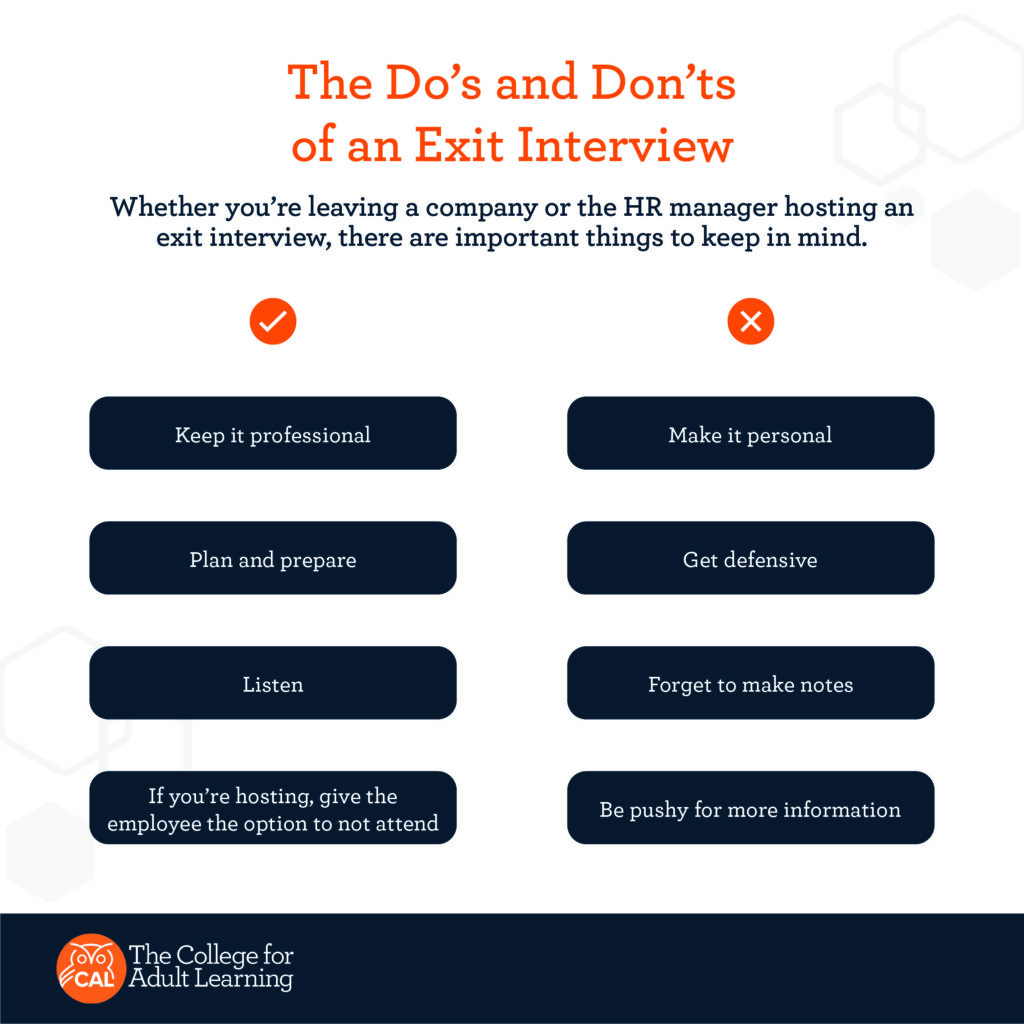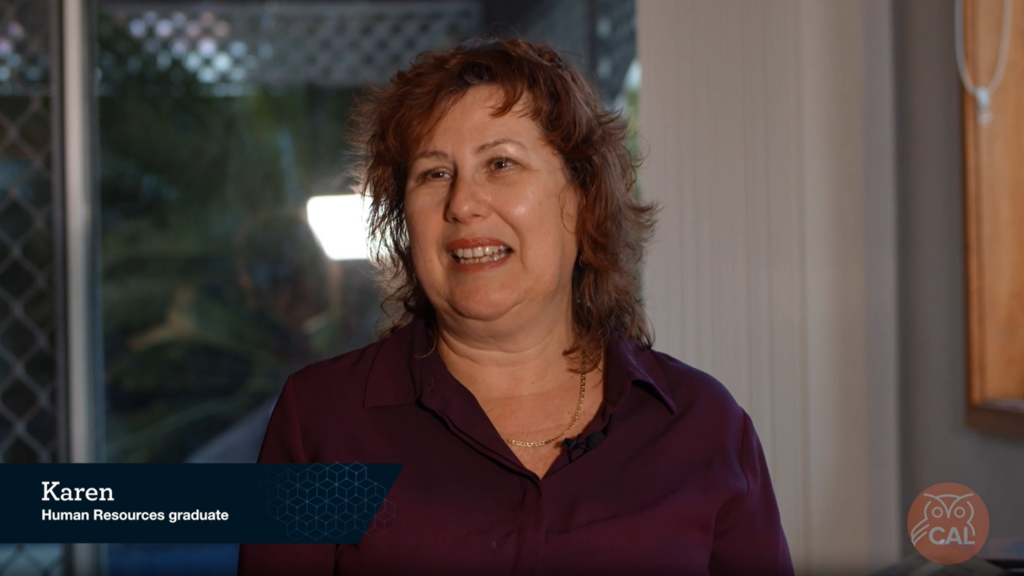
Exit interviews are one of the most important yet underutilised HR procedures. Many industry professionals see them as essential, especially for gaining valuable insight into working conditions and company culture.
What is an exit interview?
Exit interviews are interviews conducted with departing employees. The primary aim of the exit interview is to learn the reasons for the person’s departure, however, they can also be an opportunity to transfer knowledge from the departing employee to their replacement.
A good exit interview should also yield useful information about your company’s management. Any insights and criticism exiting employees give are helpful drivers for organisational improvement. This helps to assess and improve all aspects of the working environment, culture, processes, systems, management and development. An exit interview is a unique chance to analyse the opinions of departing employees, who generally are more forthcoming, constructive and objective than staff who are still working for the company. These pieces of candid information may relate to problematic employment practices or opportunities for improvement which may not be apparent to the HR professional.
Your Career in Human Resources
Do you want to learn more about HR skills employers demand, emerging job roles and salaries, and recent industry insights?
Discover your career in human resources.
HUMAN RESOURCES CAREER PAGE
What you should do in an exit interview
Keep it professional
When it comes to an exit interview, it is important to keep them professional. Ensure you book the exit interview in advance, give the employee plenty of warning, and arrange for an HR employee to attend the meeting to make notes. Depending on the reasons for the employee leaving, it may be emotionally charged. Prepare for this in advance by opening yourself to feedback, remaining empathetic and assuming best intent.
Plan and prepare
You should treat the exit interview as you would a hiring interview. It is important to ensure you follow HR procedures, so beforehand, read up on all policies to plan the interview’s structure and what questions you would like to ask.
Consider what you are interested in finding out and what the employee may be able to tell you about your business which might have contributed to their decision to leave. This could be anything from work hours or salary to holidays or lack of career progression. These reasons for leaving may resonate with other employees and drive them to look for work elsewhere, so addressing these issues could be crucial to your company.
Listen
In an exit interview, listen to what the employee has to say. Allow them to speak openly, listen to what they are telling you, and most importantly, pay attention to why they have decided to look elsewhere. This information could prove invaluable.
Give the employee the option not to attend
Exit interviews may be a part of HR strategy, but it does not mean they should be mandatory. They are not a legal obligation, so give the employee the option to either not attend or to contribute their feedback through another format, such as email, a survey or a phone call.

What you shouldn’t do in an exit interview
Make it personal
Sometimes people tend to take it personally when people hand in their notice, especially if they are a key stakeholder in the business. You must ensure you keep it professional. Try and put any personal differences you might have with an employee aside and approach it with a business mindset.
Get defensive
It is common for us all to take criticism personally and act defensively, but in an exit interview, you must resist this compulsion. Even if they were not the greatest employee or you had many disagreements, stay calm and act professionally. You want the employee to feel confident that they can speak openly without judgment, so be sure to hold your tongue when necessary.
Forget to take notes
During the exit interview, do not forget to make notes. These will help you recall the conversation and may also help you in the future if the employee decides to take further action. These notes can act as your minutes and help you recount exactly what was said by whom and the order in which it was said. This is a great reason to ask an HR representative to take notes on your behalf.
Be too pushy
It is important to ensure you are not too pushy in an exit interview, either by pressing them into attending the interview or by aggressively quizzing them about their reasons for leaving. Everyone is entitled to their own opinion and privacy. While you want to gain company insights, you need to respect their decisions if they are not forthcoming with information.
Why conduct exit interviews?
An employer who doesn’t conduct exit interviews may be missing out on an abundance of useful information and the opportunity to identify post-employment legal risks. For instance, some employees may try to sue the company for wrongful termination while others may breach their contract and take valuable company information with them to competitors.
Exit interviews also provide positive opportunity to transform your workplace into a healthier and more attractive culture that will attract and retain quality talent.
Download our FREE HR Career, Salary & Course Guide!
Find valuable information on why you should become a HR manager, which HR department suits you, a detailed salary guide, course breakdown and more!






